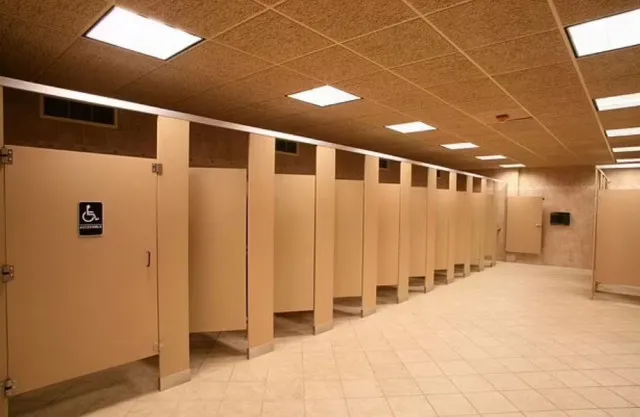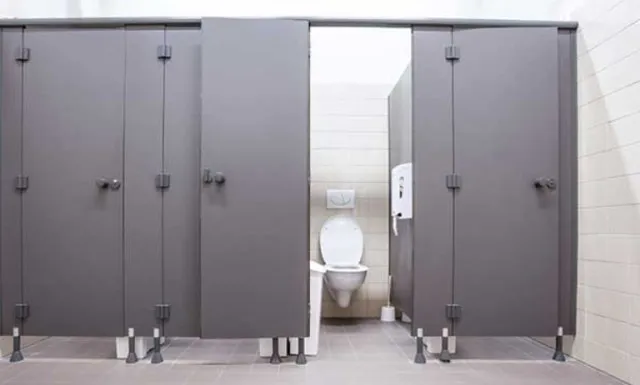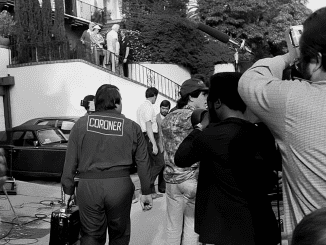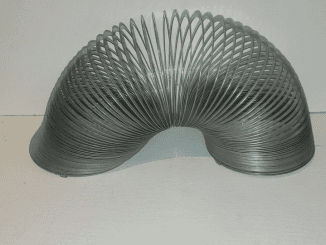We’ve all been there—desperately searching for a clean public bathroom, only to find ourselves confronted with grimy stalls and questionable odors. But what if there was a way to easily identify the cleanest options before you step foot inside? One janitor, Jennifer Cullison, has revealed some insider tips to help you make better choices when it comes to choosing a public restroom stall. By understanding a few simple behavior patterns, Cullison’s advice can help you avoid the dirtiest spots and enjoy a cleaner, more pleasant restroom experience.
The Secret to Finding the Cleanest Public Bathroom

Finding a clean public restroom can often feel like a game of chance. You never really know what you’re walking into—until it’s too late. But Cullison, who has worked as a janitor and studied human behavior, suggests there’s a science behind choosing the cleanest stall. By paying attention to the way others behave in public restrooms, you can make informed decisions that help you avoid the most-used and dirtiest areas.
1. Avoid the First Stall – It’s Usually the Dirtiest
The first stall in a public restroom is often the worst. Why? Because it’s the first one people encounter when they walk in, making it the most frequently used. Cullison explains that because it’s so convenient and visible, it often gets more traffic than the other stalls, resulting in a higher level of wear and tear—and, of course, more mess.
As Cullison puts it, “The first stall is the most used. Go to the farthest stall from the door for a cleaner experience.” By heading straight to the back of the bathroom, you’re more likely to find a cleaner, less crowded stall. Plus, fewer people venture to the back, making it easier for janitors to keep these spots in better condition.
2. Choose Left Over Right – Less Traffic Means More Cleanliness
If the restroom has stalls on both sides, Cullison advises choosing a stall on the left. Why? Because people tend to gravitate to the right. Whether it’s because of handedness or a natural bias toward the right side, most people instinctively choose the right stall when entering a bathroom. As a result, the left side of the restroom generally experiences less traffic and, therefore, stays cleaner longer.
“People are naturally more likely to go right,” Cullison explains. “In a bathroom with stalls on both sides, choose the left.” This simple tip can help you avoid the busiest spots and find a more pristine option for your bathroom break.
3. Leave the Handicap Stall for Those Who Really Need It
Public restrooms often feature a larger, more spacious handicap stall. While it might seem tempting to take advantage of the extra room, Cullison recommends leaving this stall for those who truly need it. Many kids, drawn to the extra space, will often choose this stall, even though they don’t require it.
“Leave the handicap stall for those who really need it,” Cullison advises. “Most kids love the extra space and will head straight for it.” By respecting this space, not only are you being considerate of others, but you’re also likely to find the handicap stall in better condition, as it’s used less often by people who don’t need the additional space.
4. Take Your Time – Don’t Rush to Choose a Stall
It’s easy to rush into a restroom and grab the first stall you see, especially when you’re in a hurry. However, taking an extra moment to scan the options can make all the difference. Cullison encourages people to be mindful of their choices and consider the behavior of others.

If there are only a few stalls available, don’t hesitate to walk further into the restroom or wait for a cleaner option. A little patience can go a long way when it comes to ensuring you get a better bathroom experience.
5. The Importance of Regular Cleaning – Not All Bathrooms Are the Same
While Cullison’s tips focus on the behavior patterns of restroom users, it’s important to acknowledge that the cleanliness of public restrooms also depends on how often they are cleaned and maintained. Not all bathrooms are the same in terms of upkeep. Some facilities are cleaned regularly, while others might only get a quick wipe down once or twice a day.
When possible, consider using restrooms in higher-traffic areas like shopping malls, restaurants, or office buildings, which are generally cleaned more frequently. If you’re in a public space that sees less traffic, like a small shop or park, you might want to manage your expectations regarding cleanliness.
6. Hygiene in Public Restrooms – Why You Should Always Carry Sanitizer

Even with Cullison’s helpful tips, it’s important to remember that public restrooms, by nature, are never going to be as clean as your own bathroom. It’s always a good idea to carry hand sanitizer or disinfecting wipes, especially if you’re dealing with a less-than-ideal restroom. By practicing good hygiene, you can reduce the risk of coming into contact with harmful germs, no matter how clean the restroom appears.
Final Thoughts – Clean Bathrooms Are Within Reach
Jennifer Cullison’s insights provide a practical, behavior-based approach to finding the cleanest public bathroom. By avoiding the first stall, opting for the left side, and being mindful of the handicap stall, you can make better choices that enhance your bathroom experience. Of course, it’s still essential to remember that no public restroom is going to be completely spotless, so always be prepared with hand sanitizer or wipes just in case.
Next time you’re on the hunt for a public restroom, keep these simple tips in mind to avoid the dirtiest spots and find a cleaner, more comfortable place to do your business. Happy bathroom hunting!


